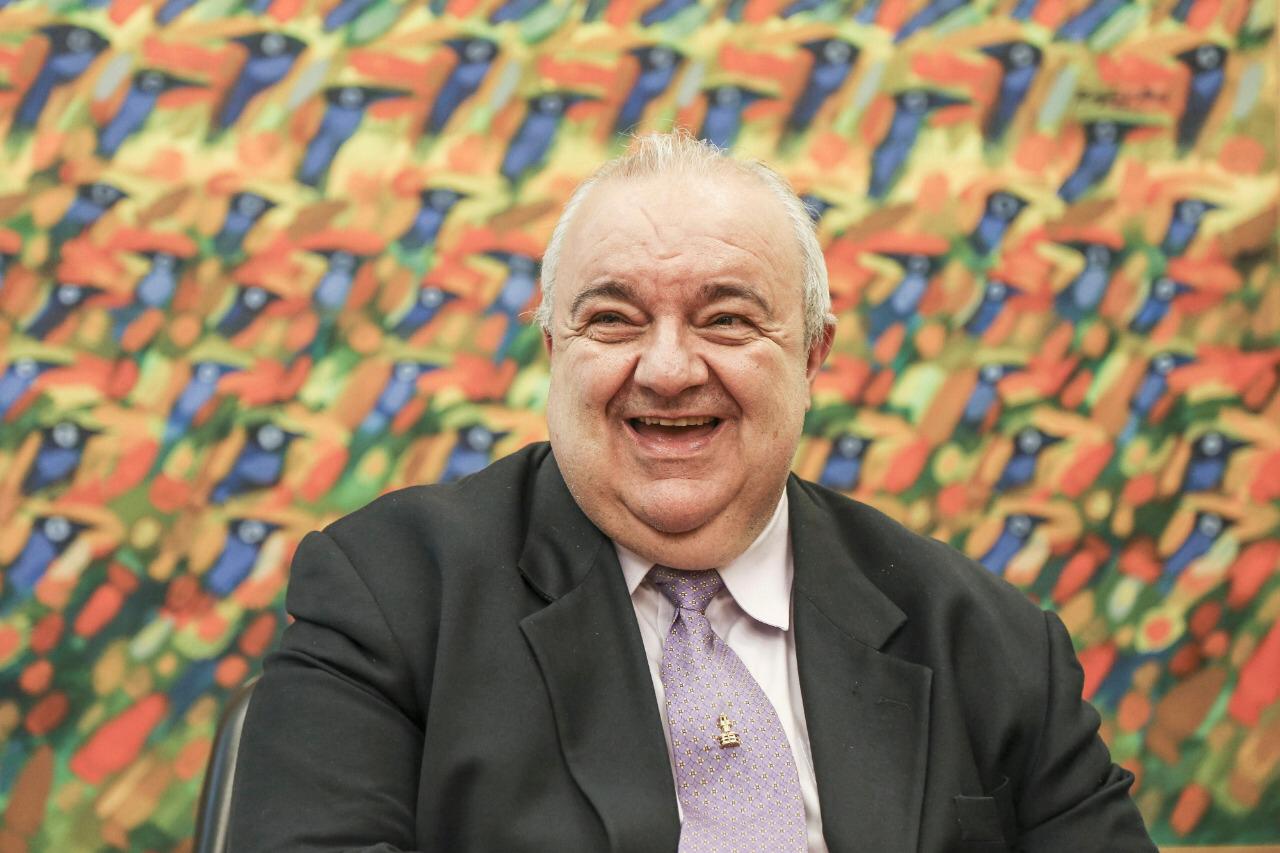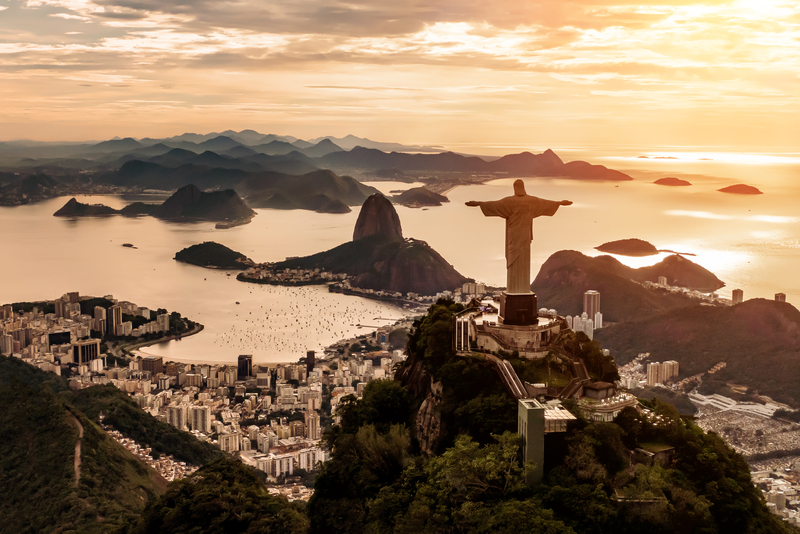
Photo: Curitiba
Innovation is a social process, says Curitiba’s mayor
15 November 2023
by Sarah Wray
Last week, the Brazilian city of Curitiba won the top award at Smart City Expo World Congress in Barcelona. The awards acknowledge leading urban innovation projects from around the world.
Cities Today caught up with Mayor Rafael Greca about his city’s approach.
Cities Today (CT): What are the main urban challenges and opportunities you are focused on addressing in Curitiba?
Rafael Greca (RG): We understand that the development has to be sustainable and with social development. Innovation is valid only if it becomes a social process, improving quality of life for the population. We are working hard on digital transformation, but it needs to be accompanied by digital inclusion, so we offer free Wi-Fi in more than 300 spots in the city, we offer courses and digital training for the small entrepreneurs, and EmpregoTech [a municipal initiative to boost technology skills and employment] offers free courses in computer progamming for young people.
We also keep investing in public safety, with the Digital Wall, with over 2,000 safety cameras all over the city. And people with low income are well served by our social programmes for health, development and food safety.
CT: Can you share any tangible results you are especially proud of?
RG: Our health app, the Saude Já, with which everyone can schedule an appointment with a doctor in a public health unit; the Curitiba App, with over 700 public services; and our 32 Lighthouses of Knowledge and Innovation, mini Fab Labs next to schools where kids learn agile methodologies. We are also the fastest city in Brazil when it comes to opening a new company.
And I have to be proud of the way we fought the Covid pandemic. Our Health Department worked so hard to protect our people. After that, we had an economic recovery programme along with the community to put the city back on track. It was a programme that was also recognised at Barcelona’s Smart City Expo Congress as among the six best in the world in 2021.
CT: Curitiba was recognised by the Smart City Expo judges for work around urban planning, socioeconomic growth and sustainability. Can you highlight some key projects in these areas?
RG: Urban planning is something we have really cared about for over five decades. Our Bus Rapid Transit (BRT) system is already famous worldwide, but we keep improving it. We are finishing the sixth BRT corridor and we are planning the eletrification of the system. We are the second most entrepreneurial city in Brazil and we generate over 20,000 jobs a year, which is one of the highest numbers in the country.
We built the first solar power plant in Latin America in the top of a former landfill, with 8,000 solar panels. We soon are going to generate all the energy consumption of the City Hall in our own solar plants, eliminating our electric energy bill.
CT: How do you involve residents in your smart city work?
RG: First I have to thank every citizen for being so supportive and participative for many years. But we do have a model programme, Speaks Curitiba, where every citizen can suggest to the City Hall what the needs of their own neighbourhoods are. We do that before deciding the budget for the next year. Thus, we will have 100 projects every year that will be selected by the population to include in the budget.
CT: What challenges do you face when it comes to innovation in Curitiba?
RG: Well, I believe innovation in Curitiba is a process that started in 1880, when the Rebouças brothers, engineers from that period, conceived of a railroad that many specialists considered to be impossible to build, from Curitiba to the East Coast. Innovation arrived in Curitiba by train, 140 years ago.
More recently, the challenge is to be up to date when technology moves so fast. That’s why I created the Curitiba Agency for Development and Innovation, responsible for connecting the city government to the innovation ecosystem and learning from and working with them. I believe we have succeeded, and this movement gave us the Pinhão Valley, our ecosystem that we are so proud of.
Also we have been home to the Brazilian edition of the Fira’s Smart City Expo Congress, since 2018, which provides an opportunity for learning and exchanging knowledge with the international smart city community.
CT: What projects can we look out for in the near future in Curitiba?
RG: We are building a new place, the Caximba New Neighborhood, for 1,693 families who live in danger in an irregular occupation, with poor and unsafe houses, right by the river. We are changing that with the biggest public housing project in Curitiba’s history, with over US$50 million, financed by the French Agency for Development.
It will take a few more years to be ready, but we are doing it. These families will have new safe and confortable houses, in a smart neighborhood, and the environment will be recovered and preserved.








